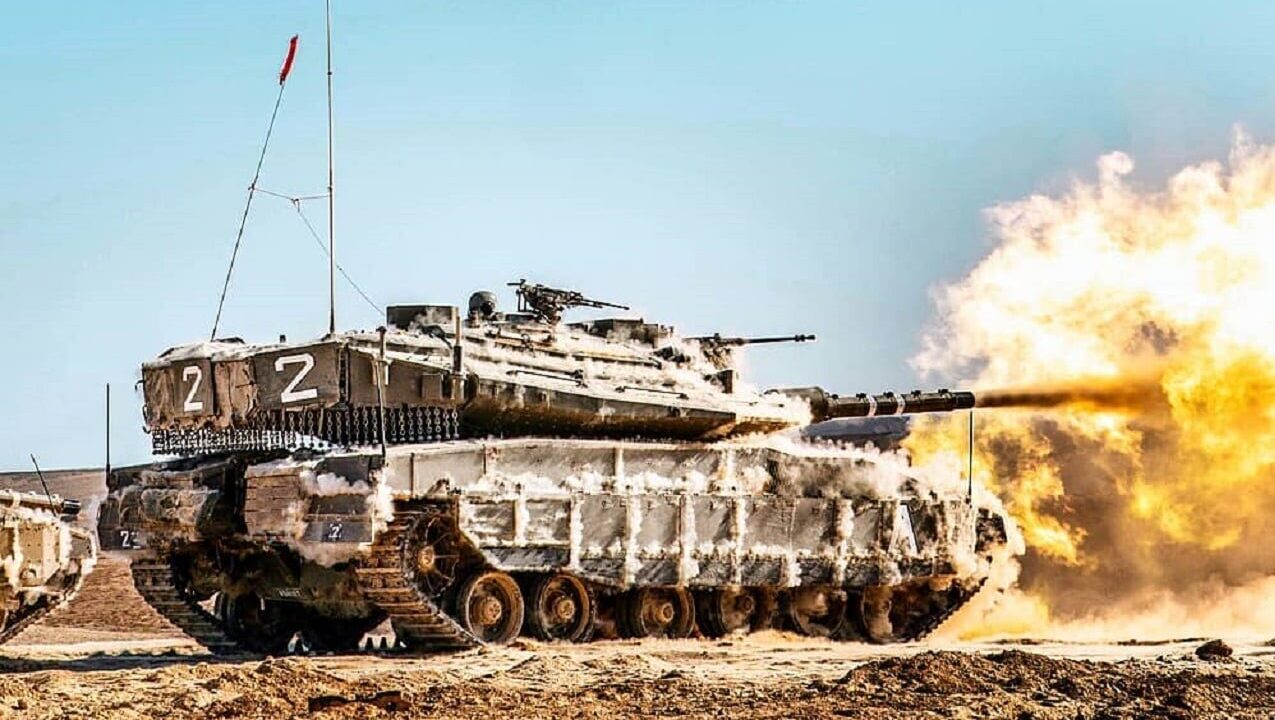Ukraine Requests Another Major Increase In Heavy Weapons Supply:
Ukraine is calling on the United States and Europe to increase the supply of heavy weapons as Russian makes slow and steady gains in the east.
Using older artillery systems, designed to cause maximum damage, Russian forces have almost captured Luhansk Oblast and are inching closer to achieving their goal of “liberating” the self-styled people’s republics of Luhansk and Donetsk.
In a public request issued by Ukrainian presidential advisor Mykhailo Podolyak, Ukraine called n the United States and NATO countries to supply more NATO-standard weapons, and to provide the maximum number of weapons possible.
“Being straightforward – to end the war we need heavy weapons parity,” Podolyak said on Twitter, before listing the exact weapons Kyiv believes its military needs.
Being straightforward – to end the war we need heavy weapons parity:
1000 howitzers caliber 155 mm;
300 MLRS;
500 tanks;
2000 armored vehicles;
1000 drones.Contact Group of Defense Ministers meeting is held in #Brussels on June 15. We are waiting for a decision.
— Михайло Подоляк (@Podolyak_M) June 13, 2022
Podolyak requested 1,000 howitzers, 300 multiple launch rocket systems, 500 tanks, 2,000 armored vehicles, and 1,000 drones.
“Contact Group of Defense Ministers meeting is held in #Brussels on June 15. We are waiting for a decision,” he added.
Germany Blocks Transfer Of German-Made Heavy Weapons
The United States has proven to be generous to Ukraine throughout the Russian invasion, even offering a compromise after recently rejecting calls for the transfer of long-range missile systems to Ukraine. The White House announced that medium-range missile systems were on their way to Ukraine, after refusing to supply long-range weapons systems that would allow Ukraine to launch missile strikes on Russian territory.
Germany, however, has acted with greater caution in recent months, reportedly blocking the transfer of German-made equipment to Ukraine from countries like Spain.
Reports this month revealed how Germany blocked the transfer of dozens of Leopard 2A4 tanks to Ukraine – a plan devised by the Spanish government.
The move was almost certainly an effort to avoid retaliation from Russia, given that the country is reliant on Russian oil, coal, and gas. And while the German economy ministry announced in May that Russian oil now makes up 12% of the country’s imports compared to 35% previously, any retaliation from Russia over the transfer of heavy equipment to Ukraine could still have a substantial impact on the German economy.
“The war in Ukraine seems destined to become a war of attrition in the weeks and months ahead,” noted Harry J. Kazianis, President of the Rogue States Project and former Russia task force member for the 2016 Presidental Campaign of Senator Ted Cruz. “Both sides will continue to apply more and more pressure to get the other side to give up the fight, and that means we have not seen the worst of this conflict just yet.”
With NATO countries almost out of ideas for new sanctions on Russia, and with Russian forces relying on 1960s-era weaponry as a result of dwindling supplies of modern weapons, the transfer of NATO-standard weaponry to Ukraine is likely to become increasingly dangerous for some European countries that still depend on Russian energy.
Jack Buckby is a British author, counter-extremism researcher, and journalist based in New York. Reporting on the U.K., Europe, and the U.S., he works to analyze and understand left-wing and right-wing radicalization, and reports on Western governments’ approaches to the pressing issues of today. His books and research papers explore these themes and propose pragmatic solutions to our increasingly polarized society.

